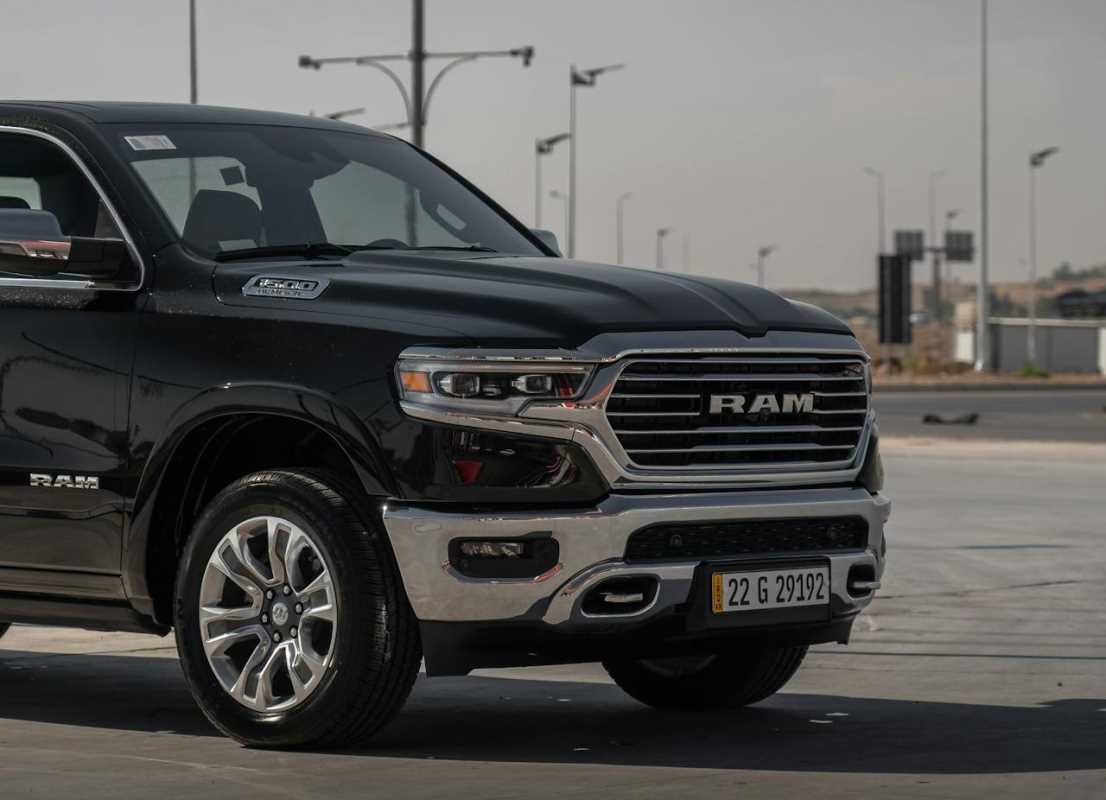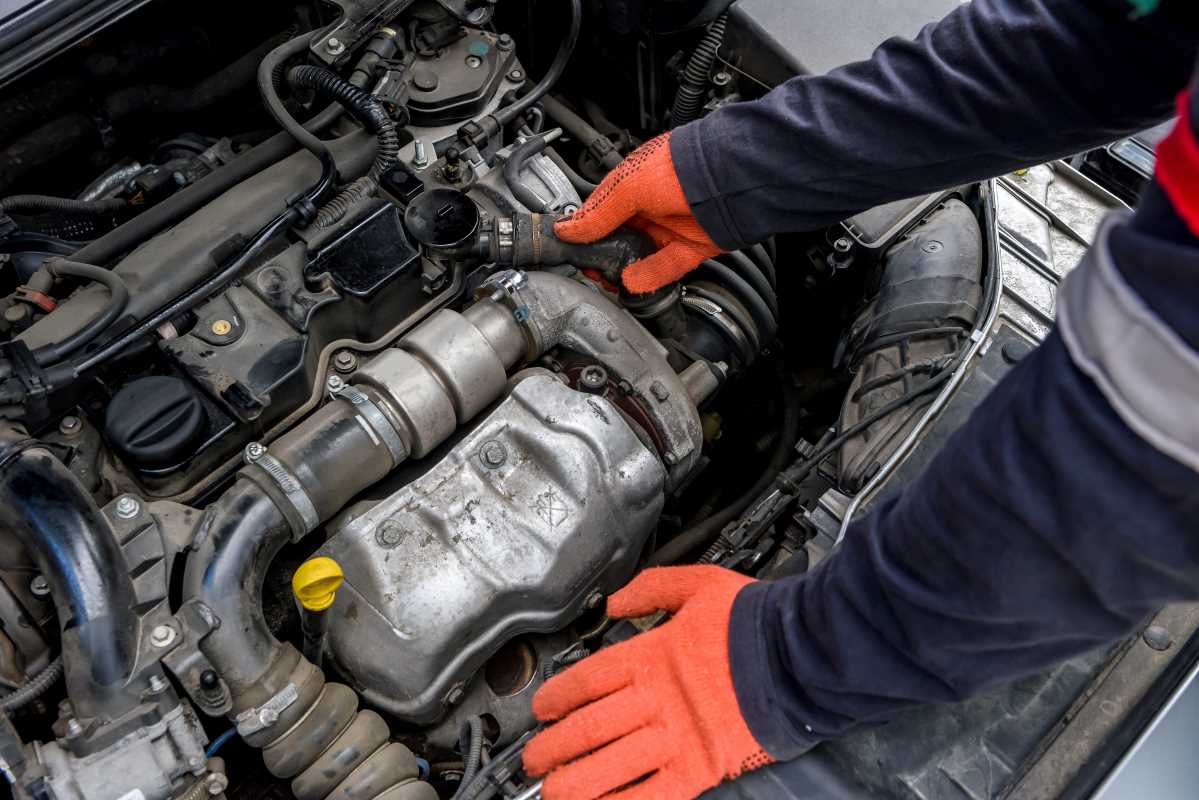Compact SUVs have become dominant in the automotive market, rapidly outpacing traditional sedans in popularity. This surge is more than a passing trend; it highlights a significant evolution in consumer preferences and advancements in vehicle design. Compact SUVs blend the practicality and efficiency of sedans with the versatility and elevated driving experience of larger SUVs, making them a favorite for families, urban dwellers, and adventure seekers alike. Their fuel efficiency, safety features, and adaptable interiors cater to diverse needs, solidifying their status as a leading choice in today’s dynamic automotive landscape.
Performance and Efficiency
Compact SUVs traditionally lagged behind sedans in fuel efficiency, but technological advancements have significantly narrowed this gap. Modern compact SUVs offer comparable, sometimes superior, fuel economy to sedans. Hybrid and electric SUV variants further demonstrate this performance evolution. Many compact SUVs now achieve 28-32 miles per gallon, competitive with mid-size sedans.
The higher ground clearance and robust suspension of compact SUVs provide superior handling in diverse road conditions. While sedans excel on smooth highways, SUVs offer greater versatility across varied terrains, including light off-road environments, gravel roads, and challenging urban landscapes.
Practical Advantages
Compact SUVs offer numerous practical advantages that make them a preferred choice for many drivers.
- Space and Cargo Capacity: Compact SUVs typically provide 30-50% more cargo volume than sedans, thanks to their higher rooflines and flexible rear seats. This adaptability makes them ideal for families, outdoor enthusiasts, and professionals who need extra storage.
- Elevated Driving Position: The higher seating position in SUVs enhances visibility, offering a broader view of the road and reducing blind spots. This feature improves situational awareness, creates a greater sense of safety, and helps reduce driver fatigue during long journeys.
Safety Considerations
Contemporary compact SUVs incorporate advanced safety technologies comparable to sedans. Modern design improvements have mitigated historical rollover concerns. Electronic stability control, advanced airbag systems, and sophisticated crash structures ensure competitive safety ratings. Many insurance companies now rate compact SUVs similarly to sedans in crash test performances. The slightly higher mass of SUVs can provide marginal protection advantages in collision scenarios, though this varies by specific model and design.
Cost and Economic Factors
Initial purchase prices for compact SUVs have become increasingly competitive. While traditionally more expensive than comparable sedans, market competition and manufacturing efficiencies have significantly reduced price differentials. Many compact SUVs now start at price points nearly identical to mid-range sedans. Ownership costs, including maintenance and insurance, have also converged. The perception of SUVs as more expensive to maintain no longer universally holds true, with many manufacturers offering comparable warranty and service packages.
Technological Integration
Modern compact SUVs frequently feature cutting-edge technological integrations. Advanced infotainment systems, smartphone connectivity, driver assistance technologies, and sophisticated entertainment interfaces are now standard across many models.
Environmental Considerations
Automotive manufacturers have prioritized reducing SUV environmental impacts. Lightweight materials, efficient powertrains, and hybrid/electric options demonstrate commitment to reducing carbon footprints. Many compact SUVs now meet or exceed emissions standards previously associated only with smaller vehicles.
Lifestyle and Personal Preference
The choice between a compact SUV and a sedan increasingly reflects individual lifestyle needs rather than categorical superiority. Urban dwellers might prefer sedans' maneuverability, while outdoor enthusiasts, families, and professionals valuing versatility often choose SUVs.
Market Trends
Global automotive sales data consistently show compact SUVs gaining market share. In many regions, SUV sales have overtaken traditional sedan segments, indicating substantial consumer preference shifts. This trend suggests SUVs are meeting evolving transportation needs more comprehensively.
Compact SUVs are not merely superior or inferior to sedans but represent a different automotive philosophy. They offer enhanced versatility, comparable performance, improved efficiency, and adaptable design. The decision between a compact SUV and a sedan depends on individual priorities, driving conditions, and personal preferences.
Modern automotive engineering has effectively demolished previous categorical limitations. Today's compact SUVs represent sophisticated, well-engineered vehicles capable of meeting diverse transportation requirements with remarkable competence. Consumers should evaluate specific models, considering personal needs, budget, and intended usage rather than relying on broad generalizations. Each vehicle category offers unique advantages, and the best choice remains a personalized decision.
 (Image via
(Image via.jpg)





